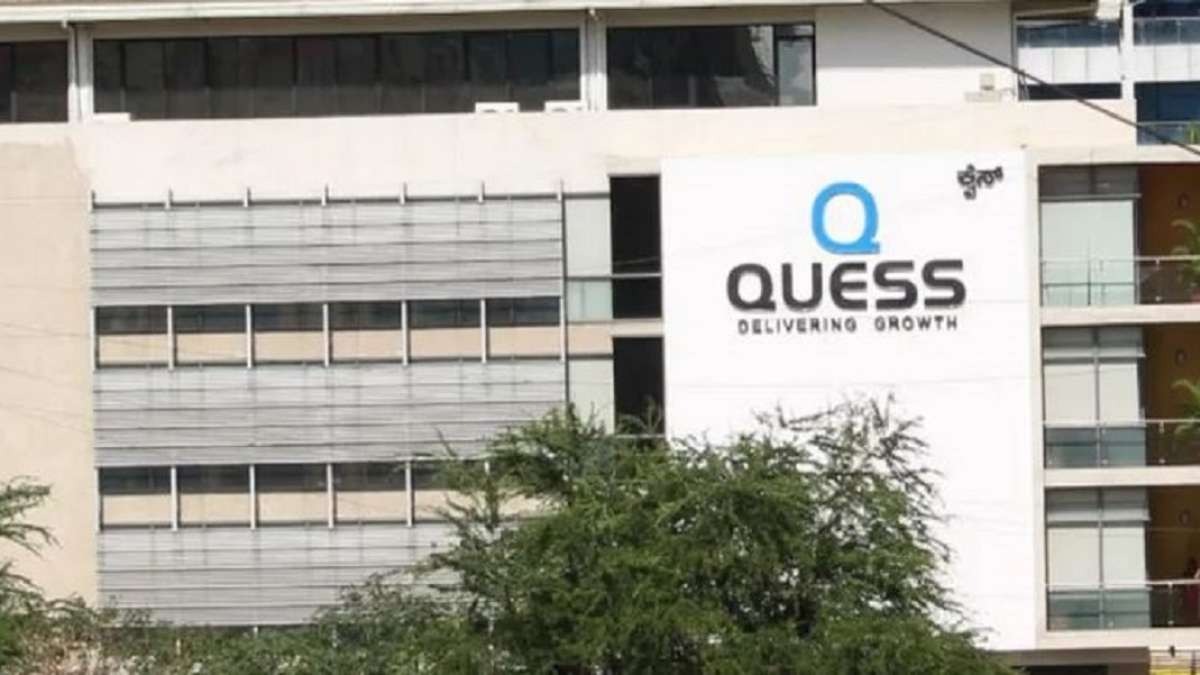 Image Source : Deccan Herald
Image Source : Deccan Herald
India’s startup landscape is poised for a dramatic transformation, with more than half of future ventures expected to emerge from Tier 2 and Tier 3 cities by 2035. This insight comes from a strategic roadmap released by The Indus Entrepreneurs (TiE) Bangalore at the 10th Matrix Global Summit, signaling a shift from metro-centric entrepreneurship to a grassroots-led innovation economy.
Here’s a comprehensive breakdown of the report and its implications for India’s startup future.
Key Highlights from the TiE Report
• The report projects that over 50 percent of India’s startups by 2035 will originate from non-metro districts
• It calls for a transition from Startup India to Entrepreneurial Bharat, embedding entrepreneurship into school curricula and regional development plans
• The roadmap was developed with inputs from over 60 ecosystem leaders, including founders, investors, academics, and policy experts
• It envisions an innovation economy contributing 15 percent to GDP, creating 50 million jobs, and generating over 100 IPOs on global exchanges
Strategic Recommendations and Policy Focus
• Entrepreneurship should be taught as a life skill across 75 percent of secondary schools and 80 percent of higher education institutions by 2035
• The report advocates for democratised access to capital, streamlined regulations, and mission-mode programs at academic institutions
• It encourages institutes to launch large-scale, multi-disciplinary initiatives such as autonomous vehicles, brain mapping, and cures for chronic diseases
Emerging Trends in Smaller Cities
• Tier 2 and Tier 3 towns are already gaining traction due to lower operational costs, rising digital penetration, and local talent availability
• Government data shows nearly half of India’s current startups are based in smaller cities, solving region-specific challenges
• Cities like Bhopal, Coimbatore, Jaipur, and Kochi are emerging as vibrant startup hubs with increasing investor interest
Vision for 2035 and National Impact
• Infosys co-founder Nandan Nilekani predicts India could host one million startups by 2035, with most emerging from non-metro regions
• The shift is expected to decentralise innovation, reduce urban saturation, and foster inclusive economic growth
• The TiE report positions entrepreneurship as a national priority, capable of transforming livelihoods and regional economies
As India reimagines its startup trajectory, the message is clear: the next wave of innovation will rise not from skyscrapers, but from small towns, classrooms, and community-driven ecosystems.
Sources: The Hindu, Moneycontrol, APAC News Network
Advertisement
Advertisement






